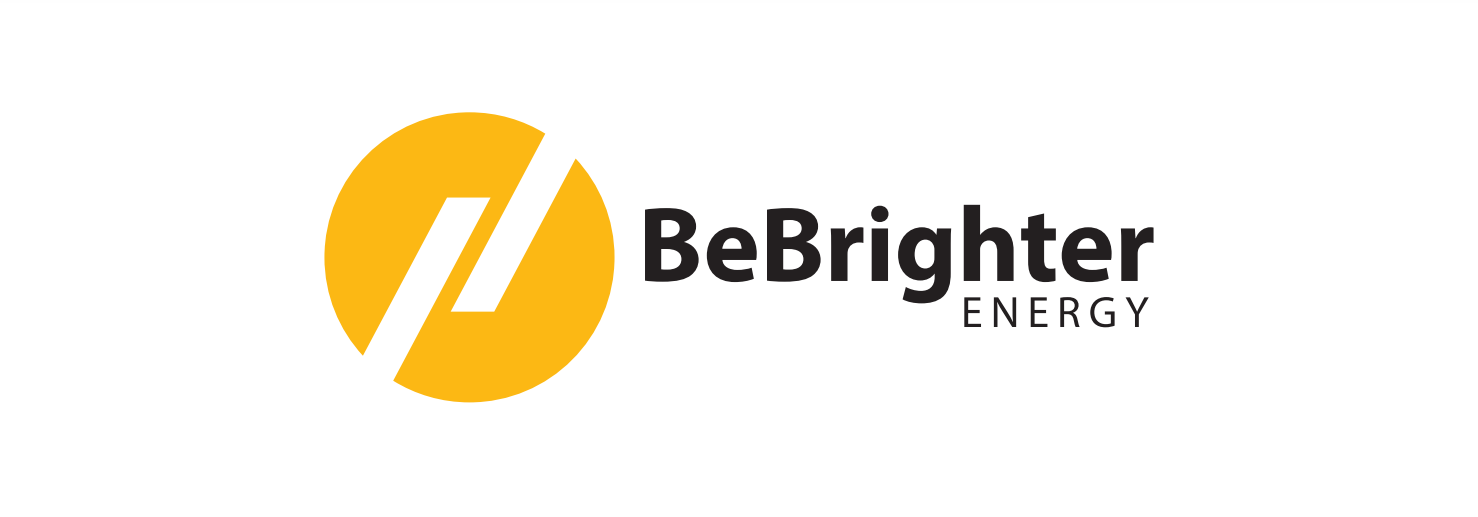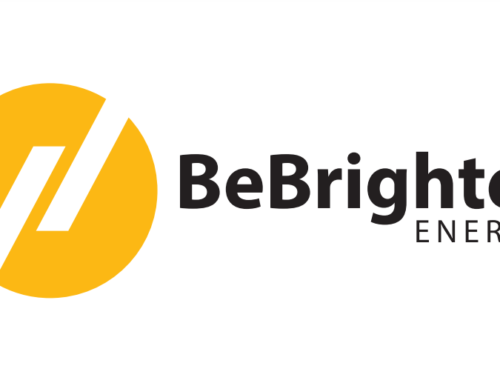Solar Financing Options: Tailoring Your Investment To Your Needs
Introduction
Investing in solar energy is not only a wise decision for the environment but also for your wallet. Solar panels offer a sustainable and cost-effective way to generate electricity, but the upfront cost of installation can be a significant barrier for many. Fortunately, there are various solar financing options available to cater to the diverse needs and circumstances of investors and projects. In this article, we will break down these options, including solar loans, leases and power purchase agreements, to help you choose the one that suits your specific requirements.
Solar Loans
Solar loans are a popular financing choice for those who want to own their solar panel system outright. With a solar loan, you can borrow the funds needed to purchase and install your solar panels and then repay the loan over a specified period, often with a fixed interest rate. Here’s how solar loans work:
Ownership: When you opt for a solar loan, you own the solar panel system from day one. This means you are entitled to all the incentives, tax credits and energy savings associated with your solar installation.
Payback Period: Solar loans typically have payback periods ranging from 5 to 20 years, depending on the terms of the loan. You make monthly payments over the loan duration.
Interest Rates: Interest rates on solar loans can vary, but they are often competitive, especially if you have good credit. Some loans may even offer 0% interest financing for qualified borrowers.
Equity Building: As you pay off the loan, you build equity in your solar system, increasing the value of your home.
Solar Leases
Solar leases are an attractive option for those who want the benefits of solar energy without the responsibility of ownership. With a solar lease, a third-party solar provider installs and maintains the solar panels on your property and you pay a monthly fee for the electricity they generate. Here’s how solar leases work:
No Ownership: With a solar lease, you don’t own the solar panels. Instead, you’re essentially renting them from the solar provider.
Fixed Monthly Payments: Solar lease payments are typically fixed for the duration of the lease, making budgeting easier.
Maintenance: The solar provider is responsible for maintenance and repairs, relieving you of any upkeep costs.
Energy Savings: While you may not qualify for certain incentives and tax credits, you can still enjoy lower electricity bills and reduce your carbon footprint.
Power Purchase Agreements (PPAs)
Power Purchase Agreements (PPAs) are another way to go solar without the upfront costs or the hassle of ownership. In a PPA, a third-party solar company installs and maintains the solar panels on your property and you agree to buy the electricity they produce at a predetermined rate. Here’s how PPAs work:
No Ownership: Similar to solar leases, you don’t own the solar panels with a PPA. You are, however, buying the electricity they generate.
Fixed Rate: The PPA rate is often lower than your current utility rates and is typically fixed for a specific term, often 15-20 years.
Maintenance: As with solar leases, the solar provider handles maintenance and repairs.
Savings: You benefit from lower electricity costs and the solar provider benefits from the sale of excess electricity to the grid.
Choosing the Right Financing Option
When deciding on the best solar financing option for your needs, consider the following factors:
Budget: Determine how much you can afford to invest upfront or how much you’re willing to pay monthly.
Ownership: Decide whether you want to own the solar panels or prefer a hassle-free, maintenance-free option.
Long-Term Goals: Consider your long-term plans for your property and how the financing option aligns with those goals.
Tax Benefits: If you’re interested in tax credits and incentives, owning the solar system may be the best choice.
Local Regulations: Be aware of local regulations and utility policies that may impact your financing choice.
Conclusion
Solar financing options provide flexibility and cater to a wide range of investors and projects. Whether you choose a solar loan, lease or power purchase agreement, each option has its unique advantages and disadvantages. To make the best decision, assess your financial situation, long-term goals and personal preferences. Solar energy not only reduces your carbon footprint but can also save you money in the long run, making it a worthwhile investment tailored to your specific needs.



Leave A Comment